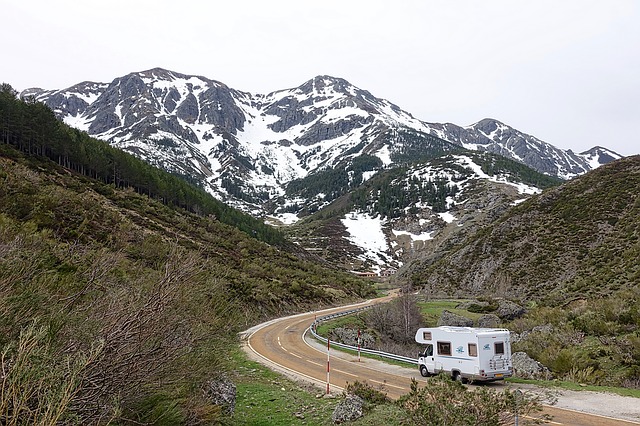Are you and your family are looking into get yourselves a motor home in order to have more family bonding time and travel with ease and comfort?
Well, before you make the finally deciding on the RV you would like to buy, it is essential that you do your research into the different types of motorhomes first.
There are several different styles to choose from. Each type is distinctive from the other in terms of capacity, build and purpose of use.
You might want to make a list of your requirements first before you browse into these different types of motor homes.
This way, you will be able make the right decision on the perfect priced RV to bring your family many years of joy, entertainment and excitement to your family travels.
Here are the different types to become familiar with:
Campervans or VW Campers
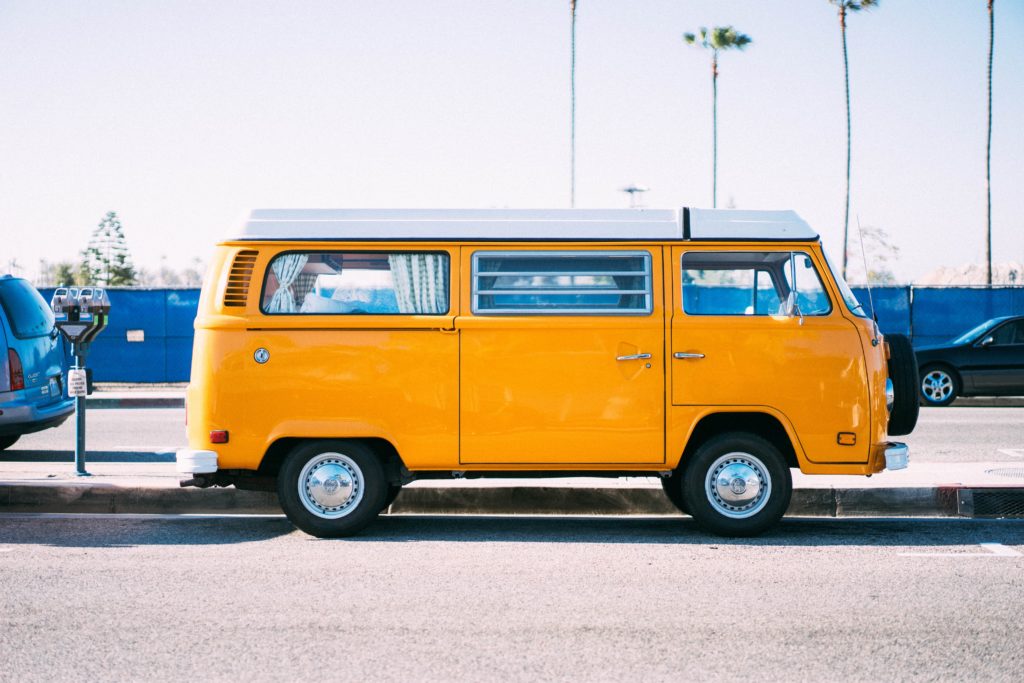
Photo by Herson Rodriguez on Unsplash
For many years’ campervans are iconic to be Volkswagen models. They are still mass-produced and have a range of magazines and clubs for its hundreds of thousands of enthusiasts.
This type can easily accommodate three to four persons and it is small enough for drives in both cities and open roads. This type of RV is ideal for those who have intense enthusiasm to tour around the World.
Campers have a range of nice and ideal features – windscreen sun visors, roof racks for surfboards, raising roofs, chrome fittings and trims, etc. These features may be a direct conversion of Volkswagen or from several noted campervan specialist converters.
Van Conversions
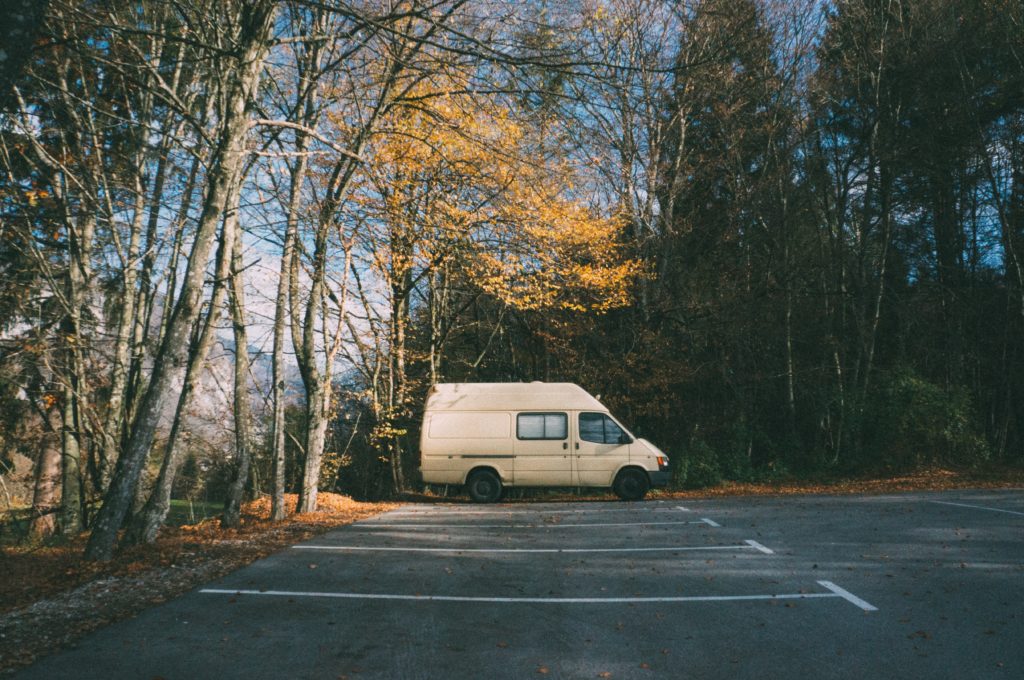
Photo by Tobias Tullius on Unsplash
This type is often called the panel van conversion and can be available at medium to large sizes. Well-known commercial vehicles are the base units for building this motor home type.
Almost every unit released has a sliding door feature. But in today’s world it is coming more common for people taking these vans and converting them into campers. Which the manufacture are seeing what is happening and they are making their versions also.
They have excellent amount of space inside and most have spacious washrooms, well-equipped kitchens than the micro-sized or smaller van conversions.
Many models also feature double beds at their rear, which runs across the van’s width. If owners are taller, they may have difficulty in fitting inside.
As such, it is also essential to check out the dimensions and layout of a motor home, first before purchase.
Class A Motor Homes

These are common type of motor home that can be seen on the roads all across America. They usually look like a large rectangle Greyhound bus that can be a luxury coach all the way to a less expensive motorhome.
Class A Motor Homes – this type are very big and recognizable because they do not have a detached cab area. Models of this type usually have big front windscreens, like those in buses.
Class A motorhomes are commonly be referred to as coaches or luxury coaches depending on what kind of amenities they may have.
There are one that burn regular gasoline, which you will find in the smaller and less expensive coaches. But in the larger coaches they use diesel fuel, these Class As that use diesel are known as diesel pushers.
You will find Tag Axle or Twin Axle usually the manifestation of a very big coach-built motor home that already requires another set of wheels to amply support its length and weight, similar to the twin axle caravan. The third axle has become known as the tag axle. They are a lot more spacious though it could be tricky to drive because of the twin axle at its rear.
Class B Motor home
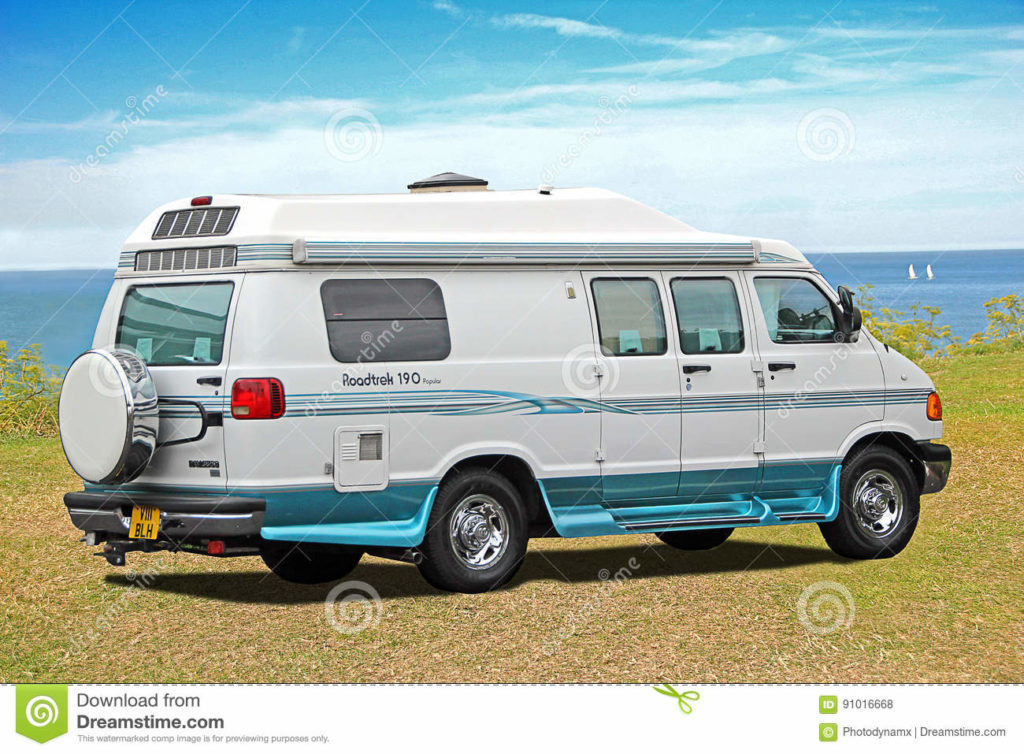
Like the Conversion vans the Class B motorhome looks very much like an oversized van. They are also commonly known as camper vans.
Inside, the van is tall enough for standing room being the roof have been extended up for the head room. Even though there is a kitchen, living room, and a bathroom, it is very small. The toilet and shower are combined into one space.
Most Class B motor homes will not have slide outs.
Parking the vehicle also isn’t a problem because of its size. However, there is very little room for storage as the interior doesn’t afford much space.
If you value how economical the Class B motorhome is, then this is the one for you.
Class C Motor home
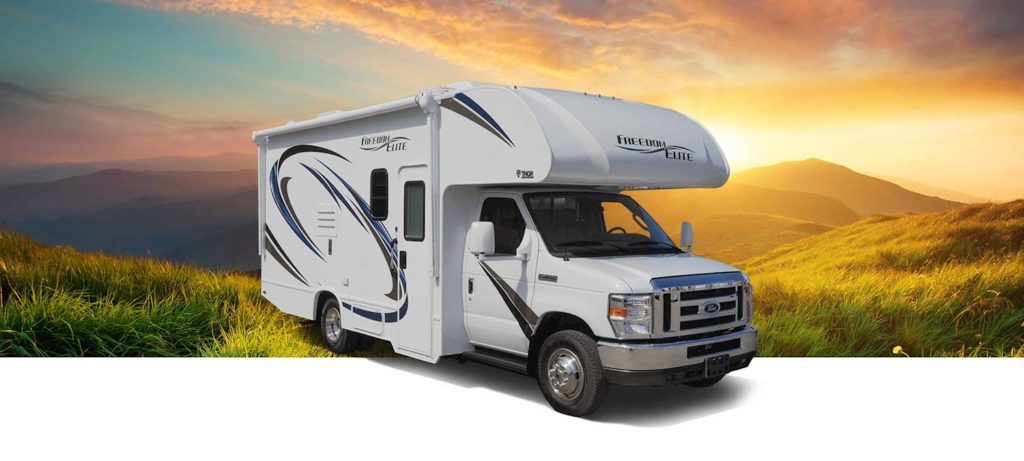
The Class C motorhome is the compromise between the Class A and the Class B. They are built on a truck chassis. They are easy to pick out by their pickup truck nose
The Class C motorhome is able to tow a separate car so you can leave the motorhome parked while exploring the city in the car. The Class C motorhome has gas mileage somewhere between the Class A and the Class B motorhome.
Truck Camper
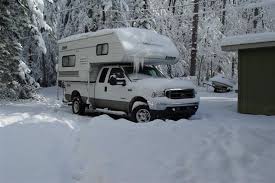
A truck camper is temporarily mounted into the bed of a pickup truck and secured against any tipping or wobbling while the truck is in motion.
When buying a truck camper, you will need to make sure your truck has a camper package to support the top heaviness. Great care must be taken in matching the weight and center balance point of the truck camper with the capabilities of the pickup truck itself in order to maintain safe handling of the vehicle while driving.
Truck campers are much favored by those who do not wish to own a motorhome or trailer for only part-time use when the need for a truck is otherwise present.
Common uses are for backwoods travel, hunting, fishing, and particularly in North America on four-wheel drive vehicles for off-roading or via rough roads to campsites
Popup Camper
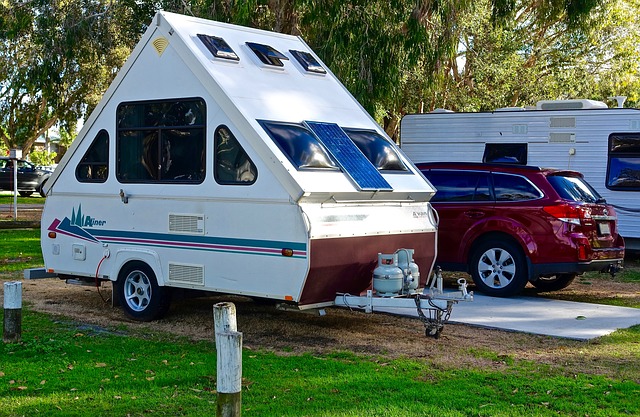
Are also known as a folding trailer, tent camper, tent trailer, or camper trailer. A popup trailer is a light-weight unit that collapses for towing and storage.
Popup camper are like a tent and a camper that you will pull-out bunks. Even that they are light weight and easy to travel with they can have all the convenient you will need.
Nowadays they have units that will have their own A/C units on the roof. They have a small stove a refrigerator also in them.
These are suitable for towing by most vehicles, particularly compact cars, minivans, SUVs, or small pickup trucks.
Travel Trailer
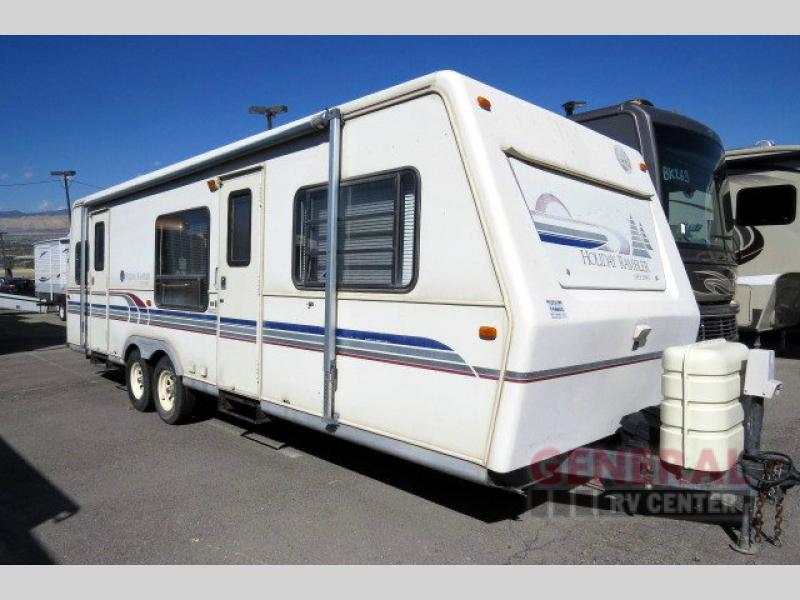
Travel trailers are the most popular of RV on the roads and in campgrounds today.
A travel trailer is designed to be towed with a frame hitch. Also known as the bumper hitch but will need to be frame mounted because the bumper is not built to handle the weight.
Travel trailers are designed to fit all types of RVers in mind. Multiple floor plans and styles are available to suite your every need. They come in many sizes and lengths to fit most needs.
oday manufacturers are building more lightweight models so you can still tow with a ½ ton pickup all the way up that you will need a 1-ton truck.
Travel trailers are favorites amongst RVers who enjoy the freedom of having a vehicle to enjoy their destination and a complete home unit wherever they are.
5TH Wheel Camper
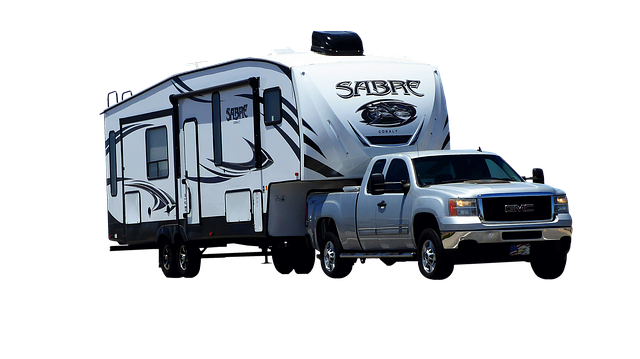
Designed to be towed by a pickup or medium duty truck equipped with a fifth wheel coupling that is mount in the center of the bed of the truck.
Part of the camper body extends over the truck bed, shortening the total length of the vehicle and trailer combined.
Some larger fifth-wheel trailers, usually over 40 feet (12.2 m) in length and 20,000 pounds in weight, are often pulled by 1ton truck and larger.
Fifth-wheel trailers have become increasingly popular since they first became commercially available in the late 1960s being, they are like having your own traveling apartment.
For some pickup truck owners, the downside of a Fifth-wheel trailer versus a conventional frame-hitch-mount travel trailer is that the former takes up valuable space inside the bed of the truck with the special hitch. So if you want to uncouple the trailer at a remote location in order to use just the truck with its empty bed it will take a great deal of work and time to remove the hitch.
Toy Haulers
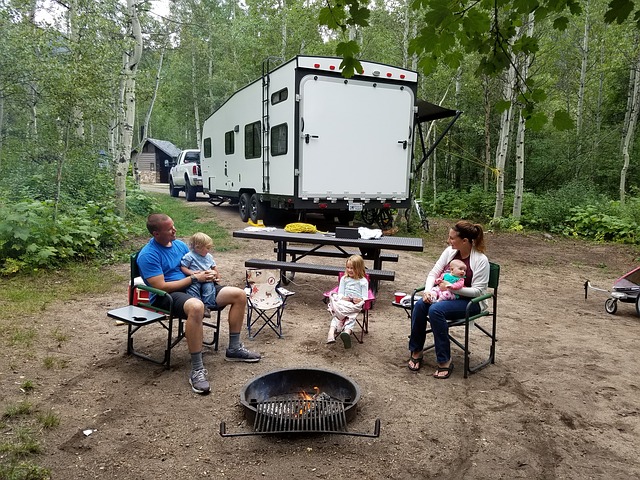
A toy hauler is built like the name says they are built to haul all and accommodate all of your toys.
They are perfect for those RVers who want to hail snowmobiles, ATV’s, four wheelers, or even motorcycles.
A toy hauler RV’s have a large cargo garage in the rear of the RV and are available in a toy hauler, fifth wheel, or even motorhome styles.
One thing to keep in mind is a toy hauler is very heavy and when you are hauling your toys will mean you will need a larger truck to tow it.
Before you purchase your motorhome or trail trailer don’t rush into buying it. Take your time and study everything carefully. Make sure it is what you want and will fit the needs of you family.
Don’t be like me and not know what my truck was capable of towing and lost money in having to go buy another truck to tow my camper.
Keep in mind that the RV dealer is out to sell you a camper and most salesman are not educated enough to know what you truck is capable of towing. Or even the car dealer.
Make sure you do your home work.


